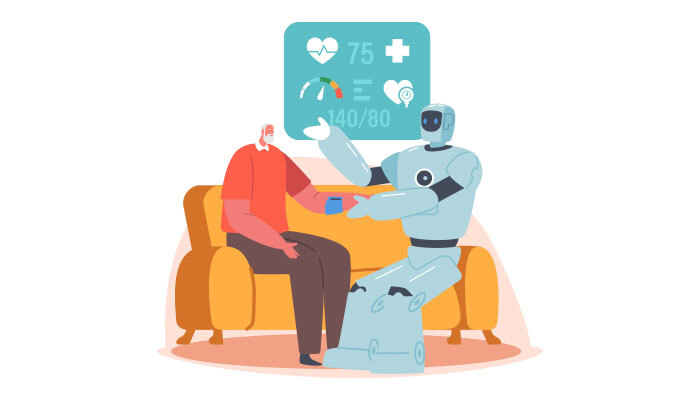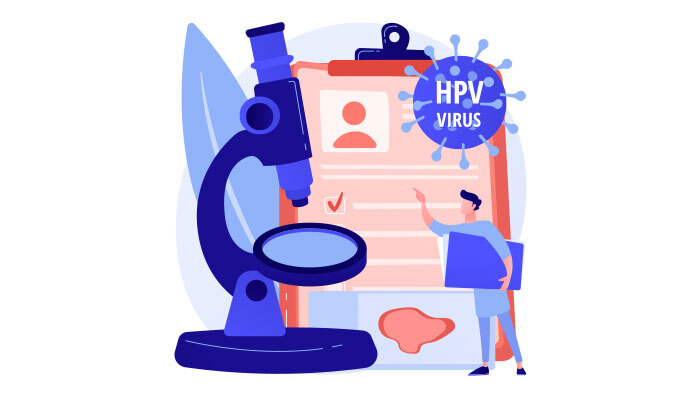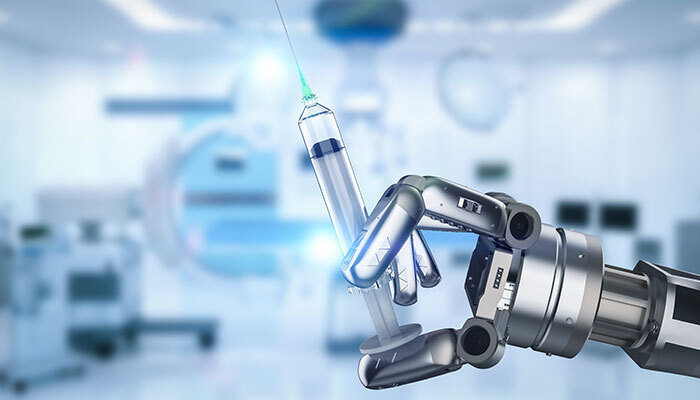Artificial intelligence with its immense capabilities has modified many industries. AI has only recently begun to take a clinical role in the healthcare industry.
Healthcare will be one of the top five industries, according to recent McKinsey research, with more than 50 AI use cases and over $1 billion in venture capital already raised.
With such exponential growth, what does this mean for your healthcare facility? How can you make the most of this innovative technology?
To determine that let’s first understand the how AI & Robotics transforming healthcare industry.
Keeping Well

Individuals are encouraged to adopt better habits by using advanced tools and apps, which aid in thef proactive maintenance of a healthy lifestyle. It provides customers control over their health and well-being.
Furthermore, AI improves healthcare providers’ capacity to better grasp the day-to-day patterns and requirements of the individuals they care for. Which in turn helps in allowing them to give better feedback, advice, and support to help them stay healthy.
Early Detection

According to American Cancer Society , large percentage of mammograms provide inaccurate readings.
AI is allowing mammograms to be reviewed & translated 30 times quicker with 99 percent accuracy, decreasing need for unneeded biopsies.
Consumer wearables and other medical devices are being used in conjunction with AI to monitor and diagnose potentially life-threatening events in patients with early-stage heart disease, allowing doctors and other caregivers to better manage their patients, and monitor & detect potentially life-threatening events at an earlier, more treatable stage.
Diagnosis

Al foster tools enable healthcare organizations to use cognitive technology to unlock massive volumes of health data and make more accurate diagnoses.
Watson can review and retain significantly more medical data than any person, including every medical article, symptom, and case study of therapy and reaction from around the world.
AI-powered tools collaborate with physicians, academics, and patients to tackle real-world healthcare issues.
Decision Making

Predictive analytics may help clinical decision-making and actions, as well as prioritize administrative activities, to improve treatment by aligning massive health data with suitable and timely judgments.
Another area where AI is beginning to take root in healthcare is the use of pattern recognition to identify people at risk of getting an illness.
Better Treatment

AI can help clinicians take a more comprehensive approach to disease management. Moreover, better coordinate care plans, and help patients better manage and comply with their long-term treatment programs.
Robots have a long history of assistance in healthcare. They range in complexity from simple laboratory robots to very advanced surgical robots that can either help or do surgery.
They’re utilized in hospitals & labs for repetitive work, rehabilitation, physical therapy, & assistance for individuals with problems, in addition to surgery.
Research

One of the many uses of AI in healthcare is drug research and development. There is the potential to drastically reduce both the time to market for new pharmaceuticals and their prices by directing the current breakthroughs in AI to expedite the drug discovery and drug repurposing processes.
Training

AI allows persons in training to go through lifelike simulations in a way that fundamental computer-driven algorithms cannot.
Because of the rise of natural speech and an AI machine’s ability to quickly draw from a huge library of situations, a trainee’s response to questions, judgments, or suggestions may challenge in ways that a person cannot.
Conclusion
As a result, we may conclude that AI & Robotics transforming healthcare. AI in healthcare is supporting physicians, nurses, and even patients in improving their health and speeding up their recuperation.
With its evolved and more reliable diagnosis, AI will assist patients in lowering their costs. Doctors may spend less time on paperwork and more time understanding and caring for their patients thanks to AI.

